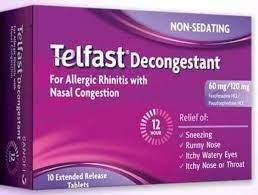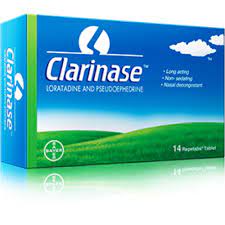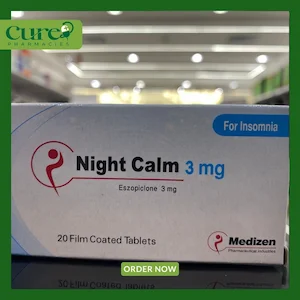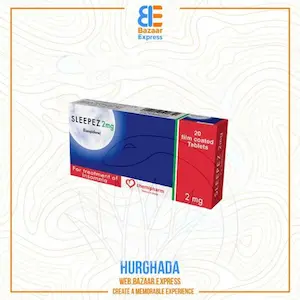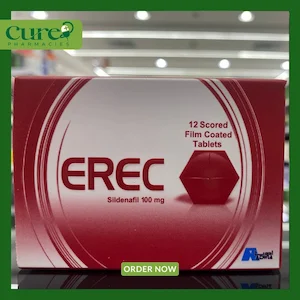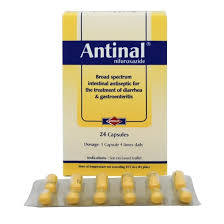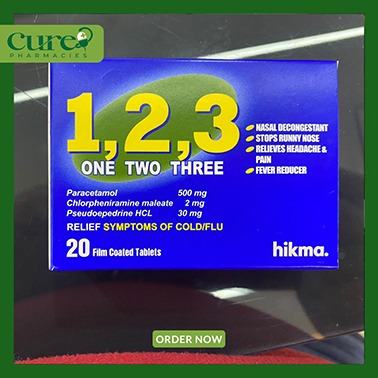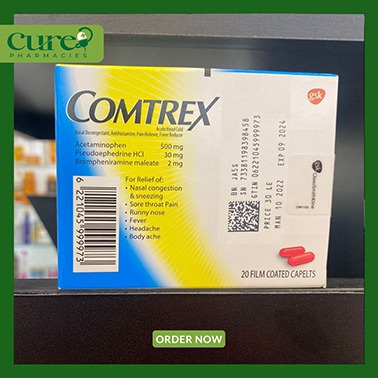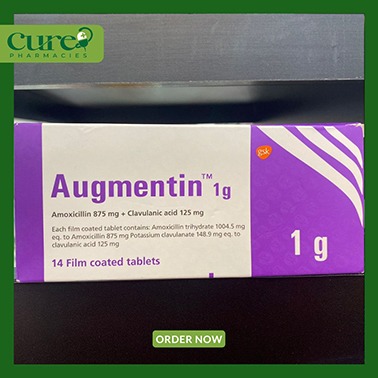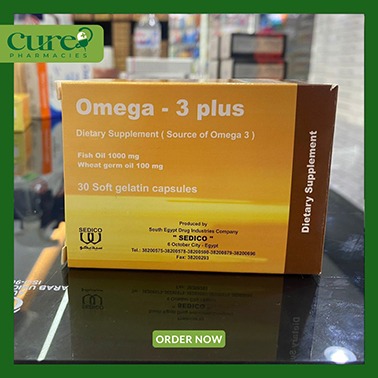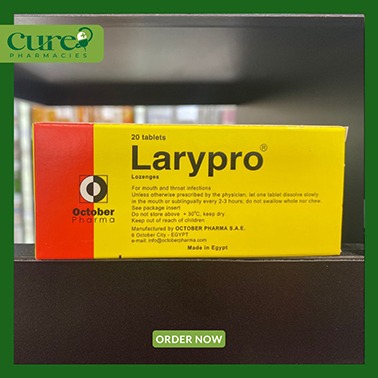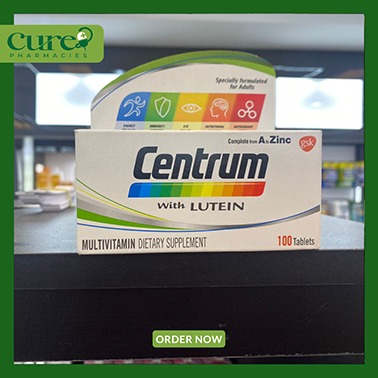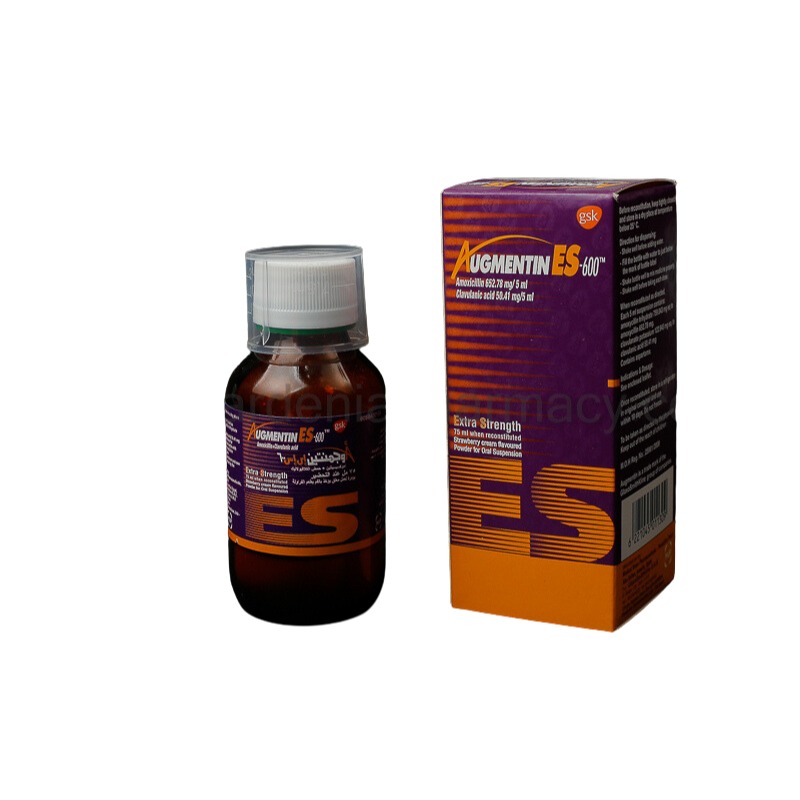



Augmentin EC 600 - Powder For Suspension Preparation 75 ml
-
$ 2.00
-
$ 3.00
-
$ 2.00
-
$ 2.00
-
$ 3.00
Reviews & Ratings
Augmentin EC 600 - Powder For Suspension Preparation 75 ml
Treatment of infectious and inflammatory diseases caused by sensitive pathogens: lower respiratory tract infections (bronchitis, pneumonia, pleural empyema, lung abscess);
ENT infections (sinusitis, tonsillitis, otitis media);
infections of the genitourinary system and pelvic organs (pyelonephritis, pyelitis, cystitis, urethritis, prostatitis, cervicitis, salpingitis, salpingo-oophoritis, tubo-ovarian abscess, endometritis, bacterial vaginitis, septic abortion, postpartum sepsis, pelvioperitonitis, soft chancre);
infections of the skin and soft tissues (erysipelas, impetigo, secondarily infected dermatoses, abscess, phlegmon, wound infection);
osteomyelitis; postoperative infections. Prevention of infections in surge
Tradename : Augmentin ES
Composition : Each 5 ml of the finished suspension contains:
Amoxicillin 652.78 mg
Clavulanic acid 50.41 mg
Auxiliary components : colloidal silicon dioxide, succinic acid, hypromellose, xanthan gum, strawberry flavor, aspartame, silicon dioxide.
Properties: Combined preparation of amoxicillin and clavulanic acid — a beta-lactamase inhibitor.
Acts bactericidal, inhibits the synthesis of t bacterial wall.
Active against aerobic gram-positive bacteria (including strains producing beta-lactamase):
Staphylococcus aureus;
aerobic gram-negative bacteria: Enterobacter spp., Escherichia coli, Haemophilus influenzae, Klebsiella spp.,Moraxella catarrhalis.
The following pathogens are sensitive only in vitro: Staphylococcus epidermidis, Streptococcus pyogenes, Streptococcus anthracis, Streptococcus pneumoniae, Streptococcus viridans,
Enterococcus faecalis, Corynebacterium spp., Listeria monocytogenes; anaerobic Clostridium spp., Peptococcus spp., Peptostreptococcus spp .; as well as aerobic gram-negative bacteria (including strains producing betalactamases): Proteus mirabilis, Proteus vulgaris, Salmonella spp., Shigella spp., Bordetella pertussis, Yersinia enterocolitica, Gardnerella vaginalis, Neisseria meningitidis,
Neisseria gonorrhoeae, Haemophilus ducreyi,
Yersinia multocida (formerly Pasteurella),
Campylobacter jejuni; anaerobic gram-negative bacteria (including strains producing betalactamases): Bacteroides spp., including Bacteroides fragilis.
Clavulanic acid inhibits types Il, Ill, IV and V beta-lactamases, is inactive against type I beta-lactamases produced by Pseudomona aeruginosa, Serratia spp., Acinetobacter sp Clavulanic acid has a high tropism for penicillinases, due to which it forms a stable
complex with the enzyme, which prevents the enzymatic degradation of amoxicillin under the influence of beta-lactamases.
Indications : Treatment of infectious and inflammatory diseases caused by sensitive pathogens: lower respiratory tract infections (bronchitis, pneumonia, pleural empyema, lung abscess);
ENT infections (sinusitis, tonsillitis, otitis media);
infections of the genitourinary system and pelvic organs (pyelonephritis, pyelitis, cystitis, urethritis, prostatitis, cervicitis, salpingitis, salpingo-oophoritis, tubo-ovarian abscess, endometritis, bacterial vaginitis, septic abortion, postpartum sepsis, pelvioperitonitis, soft chancre);
infections of the skin and soft tissues (erysipelas, impetigo, secondarily infected dermatoses, abscess, phlegmon, wound infection);
osteomyelitis; postoperative infections.
Prevention of infections in surgery.
Method of administration and dosage: Children under 12 years old — in the form of a suspension, syrup or drops for oral administration. A single dose is set dependi on age:
Children 3 months and older — with infections of mild severity — 90 / 6.4mg / kg / day in 2 doses or. The course of treatment is up to 10 days.
8 kg — 3.0 ml 2 times a day;
12 kg — 4.5 ml 2 times a day;
17 kg — 6.0 ml;
20 kg — 7.5 ml 2 times a day;
24 kg — 9.0 ml 2 times a day;
28 kg — 10.5 ml 2 times a day;
32 kg — 12.0 ml 2 times a day;
36 kg — 13.5 ml ml 2 times a day.
Contraindications: Hypersensitivity to drug components (including cephalosporins and other beta - lactam antibiotics);
infectious mononucleosis (including when a measles-like rash appears);
phenylketonuria; episodes of jaundice or abnormal liver function as a result of amoxicillin / clavulanic acid use in history; CC less than 30 ml / min (for tablets 875 mg / 125 mg).
Carefully : Pregnancy, lactation period, severe liver failure, gastrointestinal diseases (including a history of colitis associated with the use of penicillins),
chronic renal failure.
Precautionary measures : During the course of treatment, it is necessary to monitor the state of the function of the hematopoietic organs, liver and kidneys.
In order to reduce the risk of side effects from the gastrointestinal tract, the drug should be taken with meals.
The development of superin fection is possi due to the growth of microflora insensitive it, which requires a corresponding change in antibiotic therapy.
May give false positive results for glucose in urine. In this case, it is recommended to use the glucose oxidative method for determining the concentration of glucose in urine.
In patients with hypersensitivity to penicillins, cross-allergic reactions with cephalosporin antibiotics are possible.
Side effects: From the digestive system: nausea, vomiting, diarrhea, gastritis, stomatitis, glossitis, increased activity of hepatic transaminases, in isolated cases — cholestatic jaundice, hepatitis, liver failure (more often in the elderly, men, with prolonged therapy),
pseudomembranous and hemorrhagic colitis ( can also develop after therapy), enterocolitis, black «hairy» tongue, darkening of tooth enamel.
From the side of hematopoietic organs: a reversible increase in prothrombin time and bleeding time, thrombocytopenia, thrombocytosis, eosinophilia, leukopenia, agranulocytosis, hemolytic anemia.
From the nervous system: dizziness, headache, hyperactivity, anxiety, change in behavior, seizures.
Local reactions: in some cases — phlebitis at the intravenous injection site.
Allergic reactions: urticaria, erythematous rash, rarely — exudative erythema multiforme, anaphylactic shock, angioedema, extremely rarely — exfoliative dermatitis, malignant exudative erythema (Stevens-Johnson syndrome), serous allergic vasculitis, pustular syndrome, similar to acute exothermic …
Others: candidiasis, development of superinfection, interstitial nephritis, crystalluria, hematuria.
Storage method: At a temperature not higher than 30 degrees. After opening and reconstitution, refrigerate and use within 10 days.
Packaging: The cardboard box contains powder for preparing 75 ml of suspension, paper instructions.
Related products
One Two Three 1 2 3 Tablets
Comtrex tablets
Augmentin 1 gm Tablets
Omega-3 Plus - 30 Capsules
Perfectil tablet
Larypro 20 Lozenges
Centrum 100 tablets
Product Queries (0)
Login Or Registerto submit your questions to seller
Other Questions
No none asked to seller yet
-
$ 2.00
-
$ 3.00
-
$ 2.00
-
$ 2.00
-
$ 3.00
Bazaar Express: Online Marketplace for All Your Shopping Needs
New Feature! Now offering international shipping for products not restricted by Egyptian law. Shipping costs are to be covered by the customer, and payment will be made in advance through PayPal or bank transfer. Special rates available for bulk orders.
- Please Note: Medications are prohibited from international shipping.
- International shipping costs approximately $25 for up to 2 kilograms.
- For deliveries within Egypt, we offer shipping at a nominal rate.
- Contact us via WhatsApp at +201503555598 for more details.
- Special Offer! Free shipping to all suburbs of Hurghada.
Bazaar Express: Online Marketplace for All Your Shopping Needs
